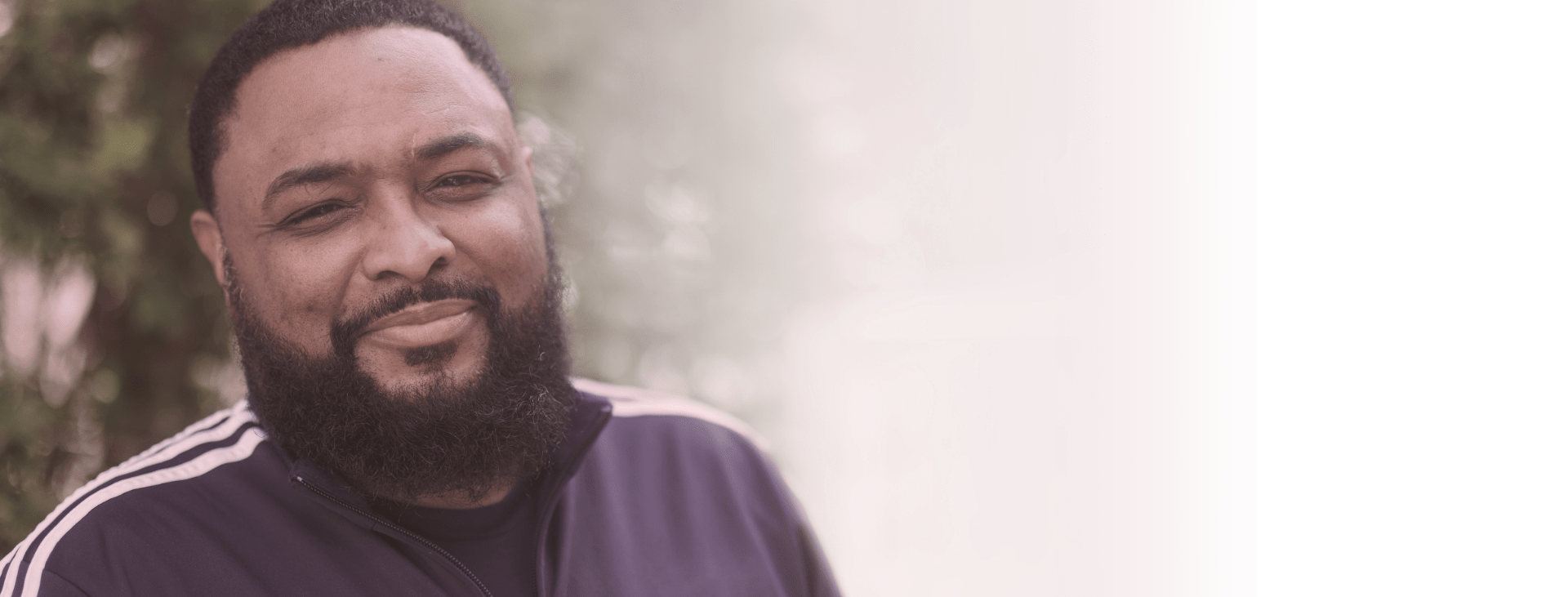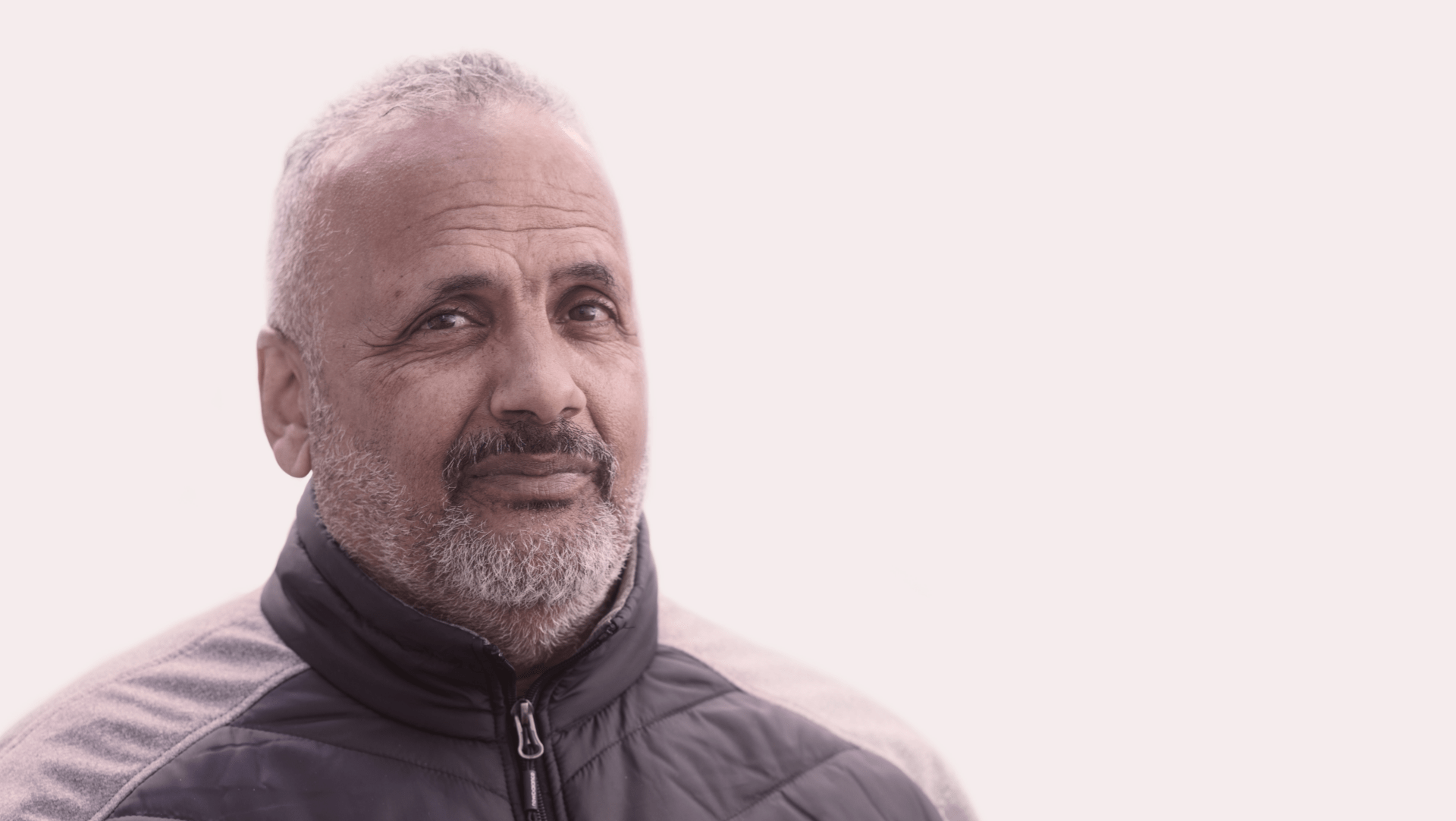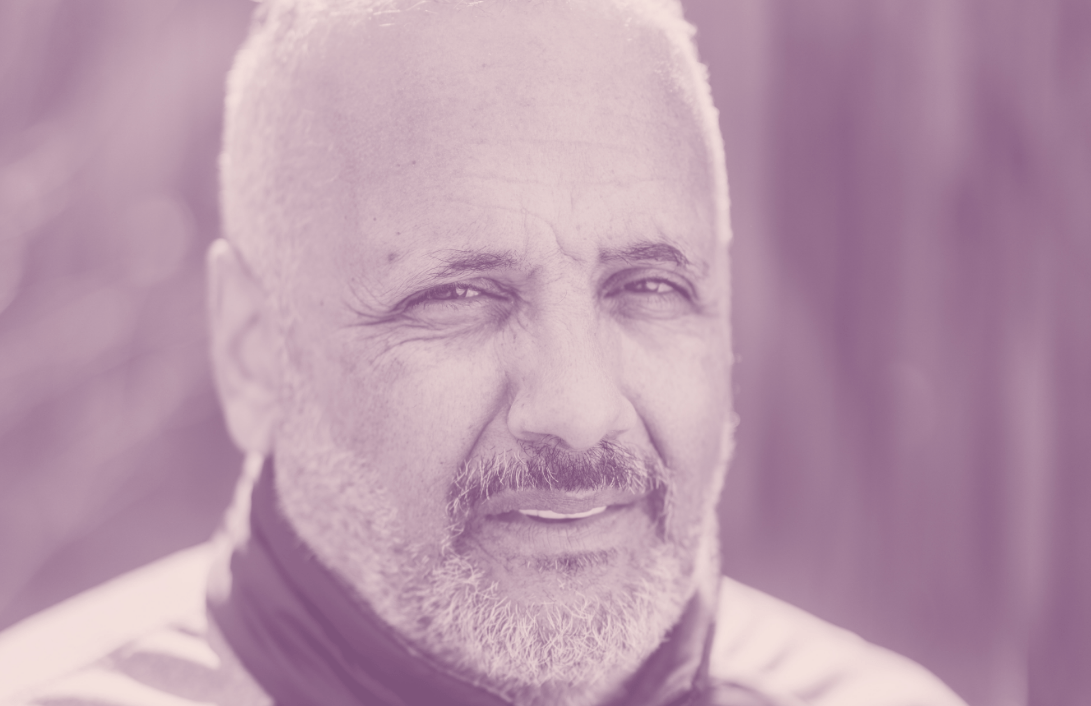
Overdose prevention, recognition, and response
You can
save a life.
Taking too much of any drug, including alcohol, or mixing drugs, can cause a person to overdose. An overdose is an emergency that needs immediate medical attention. It can cause dangerous health problems, and even death.
Call 911 right away if you see someone having an overdose or think they might be having an overdose, no matter what drug they have taken.
There are ways that everyone can learn to prevent, recognize, and respond to an overdose. Know how to lessen the chances of an overdose, what an overdose might look like, and act quickly to help.
Get to know Cat.
Stimulant overdose (“overamping”)
Stimulants (“uppers”) speed a person’s body up. Stimulants include amphetamines, crystal meth, cocaine, MDMA, Ritalin, and caffeine. A stimulant overdose is often called “overamping.” Overamping is not just caused by taking too much of a stimulant. Other things that can lead to overamping are being awake for too long, not eating or drinking enough water, being in an environment or with people that make you uncomfortable, or mixing stimulants with other drugs.
Overamping can have many physical and psychological symptoms. The most serious and dangerous outcomes of overamping are overheating, heart attack, stroke, and seizures. Cocaine is more likely than other stimulants to cause seizures, heart attacks, or strokes.
Some symptoms to look out for are:
- Stomach:
Nausea and/or vomiting - Heart and lungs:
Chest pain or a tight feeling in your chest, fast heart rate/racing pulse, irregular breathing or feeling short of breath - Head:
Severe headache, teeth grinding - Whole body:
Falling asleep or passing out, insomnia or being unable to sleep, feeling hot, often with sweating and chills, convulsions, tremors, stroke, rigid or jerking limbs or seizures - Psychological, mental:
Extreme anxiety, panic, paranoia, hallucinations, extreme agitation
Taking care of your body and overall health is the best way to prevent overamping or serious problems from overamping.
- Visit a harm reduction provider and talk to them about the drugs you use and ask them how to stay safe. Harm reduction clinic workers are there to help you, without judgement.
- Have your heart health checked if possible. High blood pressure, irregular heartbeat, and high cholesterol can put you at higher risk of heart attack from stimulant use. Take any medications you’re prescribed that support your heart health, like blood pressure medication or cholesterol medication.
- Take care of yourself. Try to eat, drink, and sleep regularly.
You may be able to help someone who is overamping by giving them care to help their symptoms, but sometimes you might need emergency help, so it’s good to know what to look for. A person having a heart attack, or a stroke will always need you to call 9-1-1.
General help for overamping
To help someone who is having psychological symptoms of overamping, like anxiety or panic, hallucinations, or paranoia, stay with them and stay calm. Encourage them to move to a quiet area and offer them water or a sports drink with electrolytes if available.
Naloxone does not help a person who is overamping, but it will not hurt them. If you have any doubt about whether they have also taken opioids, give them naloxone and call 9-1-1.
Overheating
Call 9-1-1 for overheating if the person’s temperature is near or about 104, or if they are confused or unconscious. Severe overheating can cause organ failure and death, and hospitals can treat overheating with advanced cooling methods.
The main signs of overheating are hot and dry skin. A person with severe heat stroke might be confused or upset. They might also feel nauseous, vomit, have a headache, and feel dizzy or faint from dehydration.
When you see someone overheating, try to get them to slow down and stop moving. Place ice packs or cool, wet cloths under their armpits, on the backs of their knees, and on their forehead. You can also use fans and misters to cool them down, and open windows for fresh air. Give them water or a sports drink with electrolytes to keep them hydrated.
Heart attack
Always call 9-1-1 for someone having a heart attack. If they are unconscious and not breathing, tell the 9-1-1 operator. They can tell you how to give them CPR.
A person having a heart attack will likely feel pain, pressure, fullness, or squeezing in the center of the chest. They might also have discomfort or pain in the neck, arms, jaw, back, or stomach, shortness of breath, feel lightheaded, feel very tired, or break out in a cold sweat.
Stroke
Always call 9-1-1 for someone who might be having a stroke.
Stroke symptoms happen fast. If they are unable to talk or understand what you are saying, move an arm or leg on one side of their body, or move one side of their face when you ask them to smile, get them emergency medical help. A stroke might also cause a bad headache that happens suddenly, trouble walking, dizziness, trouble with balance or coordination, or trouble seeing in one or both eyes.
Seizure
Call 9-1-1 for someone having a seizure if:
- The seizure lasts more than 5 minutes
- They have one seizure right after another
- They are injured
- They do not regain consciousness
- This is a first-time seizure; they have never had a seizure before
- Their color or general health condition does not improve after the seizure
- Their breathing does not start again within one minute after the seizure stops (in this case, begin rescue breathing)
Typical signs of a seizure are drooling or frothing at the mouth, grunting and snorting, tingling or twitching in one part of the body, losing control of bladder or bowels, falling suddenly, losing consciousness, stopping breathing temporarily, stiffening of the whole body, uncontrollable muscle spasms with twitching and jerking limbs, head or eyes fixes in one direction. A person who is about to have a seizure might experience sudden fear or anxiety, nausea, change in vision, dizziness, or smell. Skin might be very red or bluish.
You can help a person during and after a seizure. During the seizure:
Help them into a lying position on the ground and put something soft under their head. If possible, turn them on their side. If you can’t do this during the seizure, do it once the seizure has stopped. Make the area and situation as safe as possible for them by removing any nearby hard or sharp objects, removing their glasses, and loosening tight clothing, like ties and collars.
Watch them and stay calm – you can talk to them calmly and softly but be aware of how long the seizure lasts and call 9-1-1 if it is more than 5 minutes.
Don’t put anything in their mouth or between their teeth, both for your safety and theirs. Do not restrain them.
After the seizure:
Stay near them until they are fully awake. Make sure their airway is clear of saliva or vomit. Let them rest; most people will sleep after a seizure. Don’t give them any food or drink until they’re fully awake.
Alcohol overdose
Alcohol is the active ingredient in wine, beer and liquors. It’s also found in mouthwash, hand sanitizer and other household products. Alcohol is a depressant that slows your nervous system down. An alcohol overdose, or alcohol poisoning, happens when you drink more alcohol than your body can process.
A person having an alcohol overdose might:
- Be confused or have other changes in their mental state.
- Have trouble staying awake.
- Have dulled responses, such as no gag reflex.
- Vomit, even when asleep. This is dangerous because they could choke, especially if their responses are dulled.
- Have an extremely low body temperature (hypothermia). Their skin may feel clammy and look bluish or pale. They might shiver or have chills. Hypothermia can lead to cardiac arrest.
- Have slow or irregular breathing. Fewer than 8 breaths per minute, or 10 seconds or more between breaths is an emergency and you need to call 911.
- Have a slow heart rate.
- Have seizures.
There are some strategies you can use to help you stay safe while drinking alcohol, whether you are going out or staying in.
- Eat something before drinking alcohol.
This will help slow down your body’s absorption of alcohol. - Decide how much you’re going to drink.
This might help you stick to a safer number of drinks. - Don’t use other drugs while you are drinking.
Other drugs can make it more likely that you will overdose. - Drink slowly.
Alternate your drinks with water or other non-alcoholic drinks. - Stay with friends.
People you trust can get you medical help if you need it. - When you go out, have a safe way to get home.
Decide how you will get home safely before you go out. Don’t drive and don’t get a ride with someone who has been drinking. - If you’re planning to drink a lot, stay at home or in another safe place.
If someone has been drinking a lot of alcohol and you see that their breathing is slower than 8 breaths per minute, or if you can’t wake them up, call 911.
While you are waiting for emergency services:
- Stay with them so they don’t get hurt by falling or by choking. Don’t leave them alone.
- Place them in a sitting or upright position or lying down on their side in the recovery position.
When emergency medical help arrives, give them any information you can, like the type and amount of alcohol the person drank or if they also used other drugs.
Video spotlight

Reach out
Being prepared can
save a life.
Having the tools to respond to an overdose can make all the difference. We can connect you to services that teach you how to use naloxone (Narcan®) and stay safe while using alcohol or other drugs.
We’re here for you.
Helpline Specialists can help you find the harm reduction services that are right for you. Call 800.327.5050, text us at 800327, or chat with us online. If you feel more comfortable exploring your options on your own, get started by answering a few questions anonymously or searching for services online.
Get to know Dallas.

